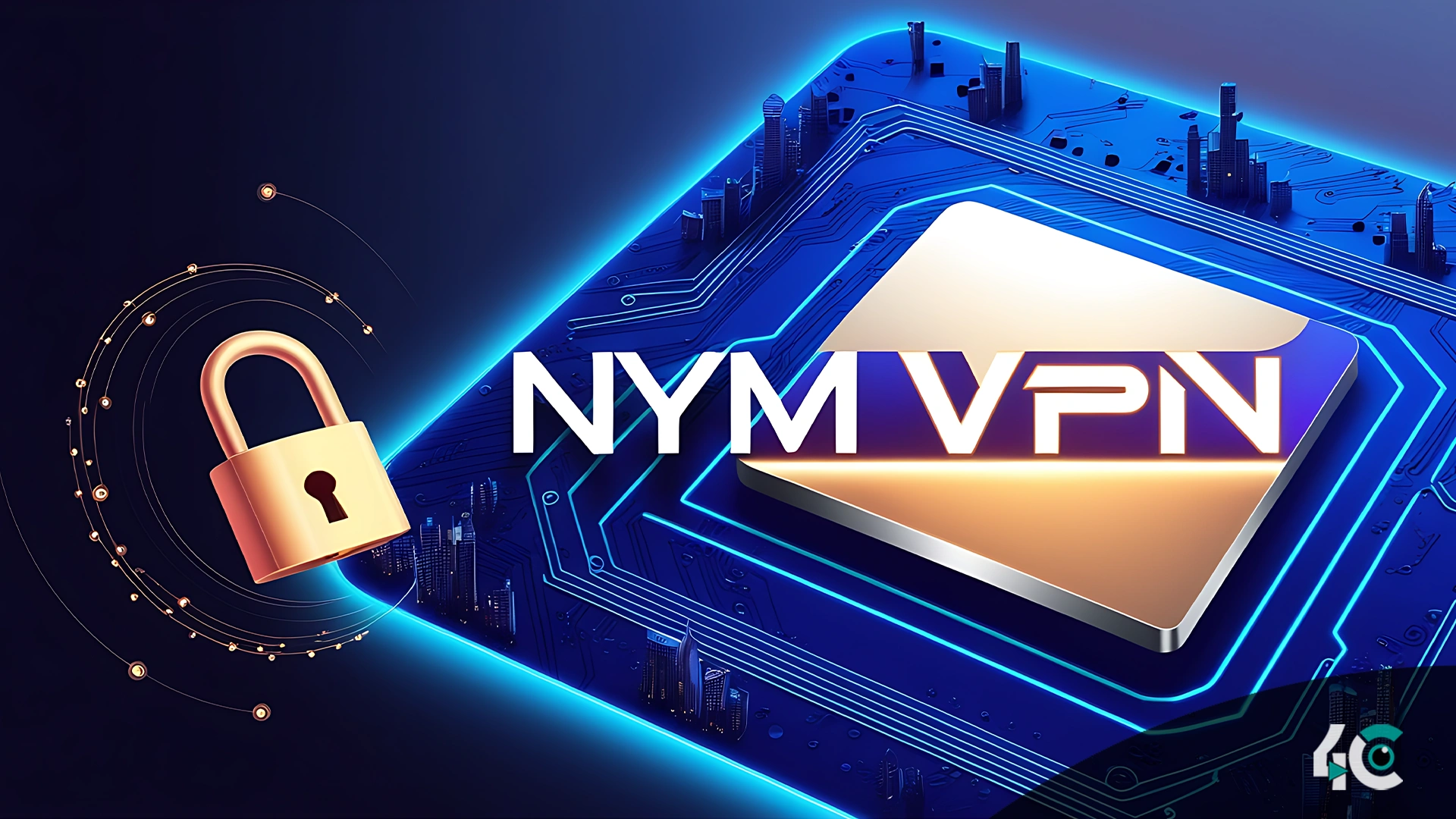NymVPN has unveiled its decentralized VPN service, aiming to revolutionize online privacy by eliminating central points of control. Unlike traditional VPNs, this solution enhances security and anonymity, providing users with a more resilient way to protect their data from surveillance and cyber threats.
A New Online Anonymity Era
NymVPN guarantees total privacy by using a mixed network (mixnet), unlike typical VPN services that route user traffic via centralized servers. This creative method virtually makes it impossible for third parties to track user activity or metadata since it delivers encrypted data over several nodes while adding fake traffic.
Together with privacy activist Chelsea Manning, CEO Harry Halpin underlined that the mixnet technology replaces the need to rely on one source with sensitive data. The technology spreads data over several layers of encryption instead of retaining user logs or IP addresses, therefore guaranteeing total anonymity.
Unique Characteristics of NymVPN
Conventional VPN companies like NordVPN or ExpressVPN function as middlemen that consumers have to trust to safeguard their online behavior. These services still have access to IP addresses and user metadata, though, which might cause possible weaknesses. Through distributed architecture and centralized point of failure elimination, NymVPN removes this risk.
Halpin compared the mixnet process to shuffling a deck of cards before passing them through several hands, therefore making it challenging for anyone to track the original sender or recipient. For activists, reporters, and people living in areas with limited internet access, NymVPN especially provides value.
Difficulties Under Regulatory Examining
The release of NymVPN coincides with a period of worldwide governments suppressing privacy solutions. Recent court cases like the sentence of Tornado Cash developer Alexey Pertsev have sparked questions over the direction of distributed privacy solutions.
Halpin, who contends that VPNs are legal in most countries, is still sure of NymVPN’s legal posture nonetheless. He underlined that NymVPN does not enable money transactions, therefore lowering the possibility of government intervention. “VPN services are legal in most countries; as a third-party intermediary, we are not liable for data passing across the network,” he said.
A tool for the privacy-conscious
Human rights groups and people experiencing digital persecution, as well as others, have shown interest in NymVPN already. The team recently showed the device in Ukraine and spoke with humanitarian organizations regarding its uses in areas of war.
Since NymVPN operates as a distributed network and lacks the ability to trace its users or their actions, it remains committed to real anonymity. Manning underlined that this system precludes any entity—including Nym Technologies—from dictating or censoring the use of the service.
Conclusion:
NymVPN is a novel answer for people looking for real online anonymity when digital surveillance is on the rise and privacy protections are under attack. It eliminates the weaknesses of conventional VPNs by using a distributed mixnet infrastructure, therefore offering a safe substitute for consumers who value their privacy. NymVPN is a vital weapon in the continuous struggle for digital freedom as governments and businesses fight for more control over internet data.












































